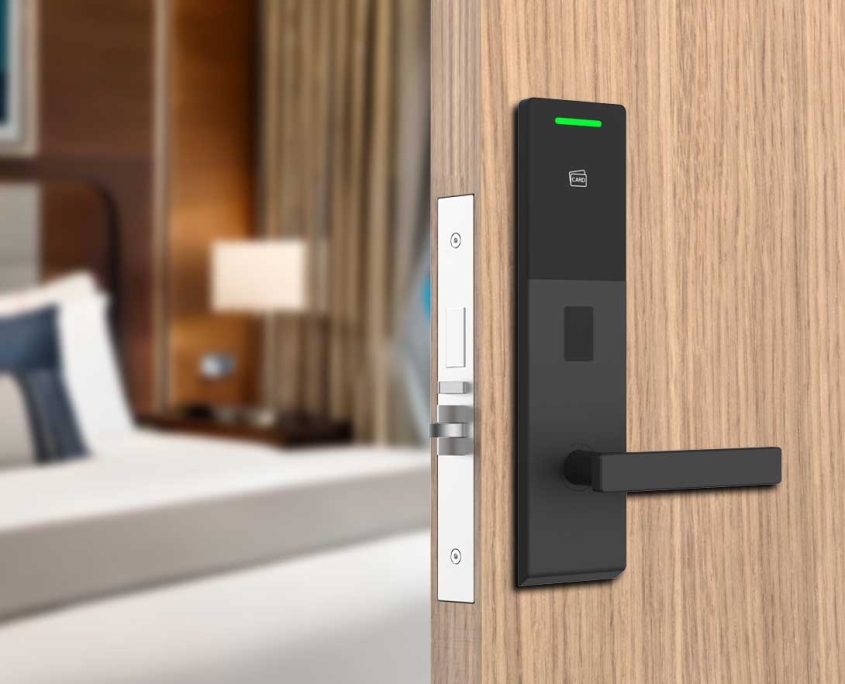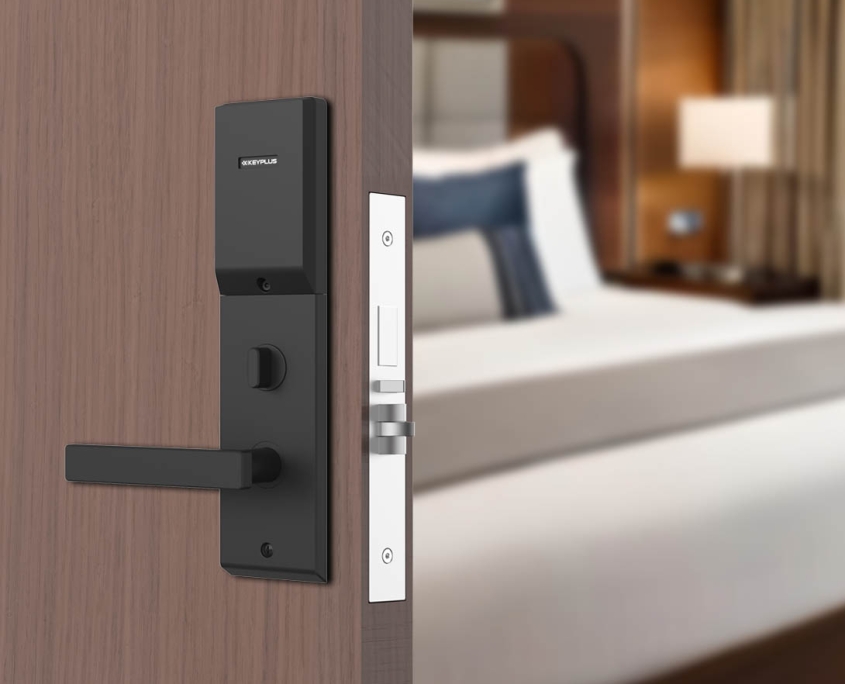What is a hotel door lock called?
When you step into a hotel lobby after a long day of travel, the last thing you want to worry about is whether your room is secure. That’s where modern hotel door locks come in – but what exactly are they called? In the hospitality industry, these sophisticated entry systems are most commonly referred to as electronic access control systems, though you’ll often hear them called keycard locks, RFID door locks, or simply hotel security locks. Unlike the basic deadbolts you might have at home, these specialized locking mechanisms are designed to provide maximum security while offering convenience for both guests and staff. For Travelers who stay in hotels frequently – whether for business trips, family vacations, or weekend getaways – understanding these systems can make your stays smoother and safer.

The Different Types of Hotel Door Locks and Their Names
Hotel door locks have come a long way from the traditional metal keys of the past. The most common types you’ll encounter today include:
- Magnetic Stripe Locks (Mahttps://www.keyplusystem.com/gstripe): These were the industry standard for decades, using the same technology as credit cards with a black magnetic strip.
- RFID Keycard Locks: The newer generation that uses radio frequency identification (like contactless credit cards) for more reliable operation.
- Smartphone-Enabled Locks: Found in tech-forward hotels, these allow entry via Bluetooth or an app on your phone.
- Biometric Locks: High-security options using fingerprint or facial recognition, typically in luxury properties.
Each type has its own technical name, but hotel staff will usually just refer to them as “keycard doors” or “electronic locks.” According to a 2023 survey by the American Hotel & Lodging Association, about 72% of U.S. hotels now use RFID systems, while 18% have adopted mobile key technology – numbers that keep growing each year.
Why Hotels Use These Specialized Locking Systems
You might wonder why hotels don’t just use regular locks. The reasons are all about security and operational efficiency:
- Instant Deactivation: If you lose a keycard, the front desk can disable it immediately and issue a new one – no need to change the physical lock.
- Access Tracking: Hotels can see exactly when your room was accessed (useful if something goes missing).
- Staff Control: Housekeeping gets temporary access that automatically expires after their shift.
- Checkout Automation: Your key automatically stops working at checkout time.
For Travelers, this means better protection against theft. A 2022 study by Cornell University’s School of Hotel Administration found that hotels with electronic locks reported 43% fewer security incidents than those with traditional keys. The systems also eliminate those awkward moments at the front desk when you get locked out – staff can fix most issues with just a few clicks on their computer.

Troubleshooting and Tips for Hotel Guests
Even with advanced technology, sometimes things don’t work perfectly. Here’s what every U.S. traveler should know:
- The Card Trick: If your keycard isn’t working, try rubbing it on your jeans (static buildup can interfere with the magnetic strip).
- Phone Interference: Keep keycards away from your smartphone – the magnets in phone cases can demagnetize them.
- Battery Backup: Electronic locks have emergency power, but if completely dead, hotels have manual override procedures.
- Mobile Key Advice: If using a hotel app, always download it before arrival in case of spotty WiFi.
The next time you hear the satisfying “click” of your hotel door unlocking, you’ll appreciate the sophisticated system behind it. From the classic keycard to cutting-edge mobile access, these specialized locks – whatever name you choose to call them – represent an perfect blend of security and convenience that makes modern travel possible. And with new innovations like voice-activated entry and AI-powered security features on the horizon, the humble hotel door lock continues to evolve right along with our travel habits.


